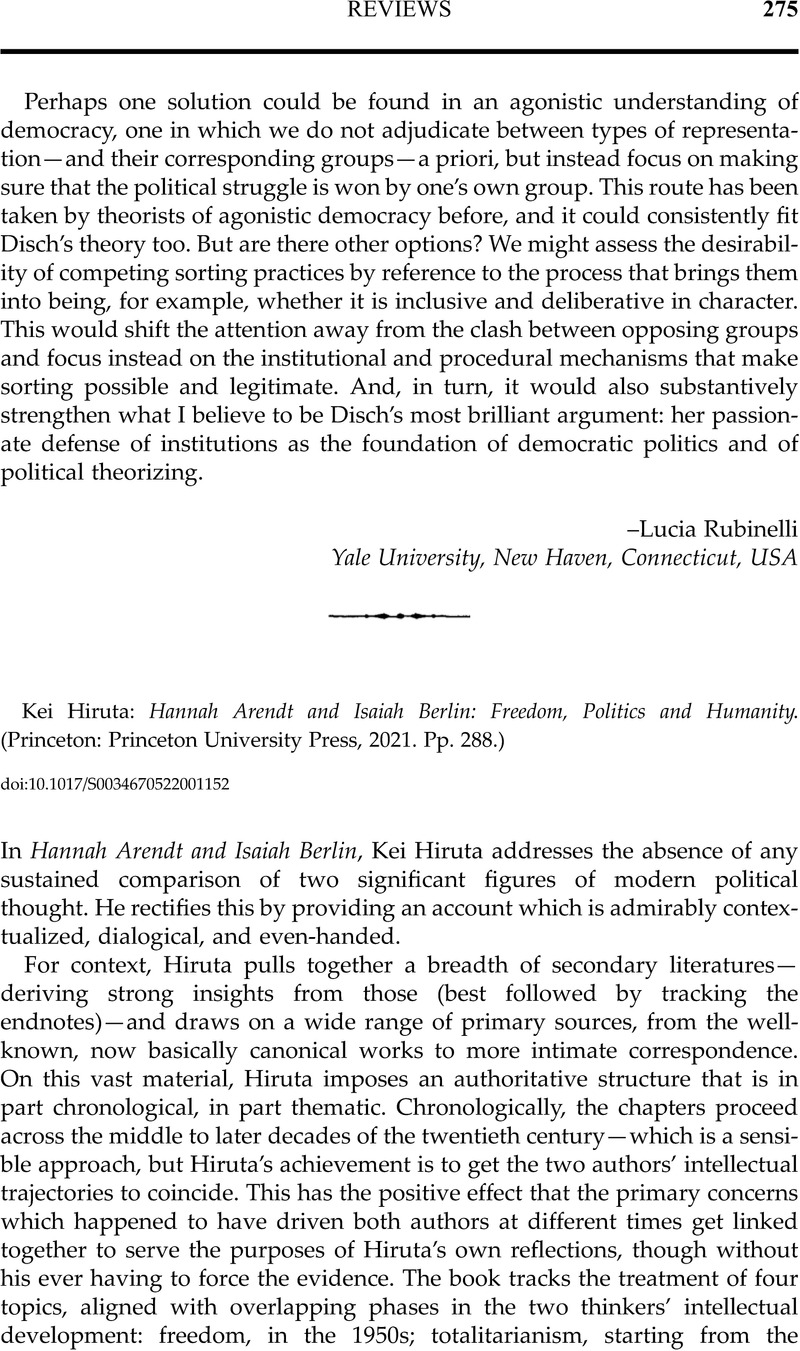Crossref Citations
This article has been cited by the following publications. This list is generated based on data provided by Crossref.
Hiruta, Kei
2023.
Methodology, comparison and humanity: a reply to Otobe, Futai and Yamaoka.
Japanese Journal of Political Science,
Vol. 24,
Issue. 4,
p.
438.



